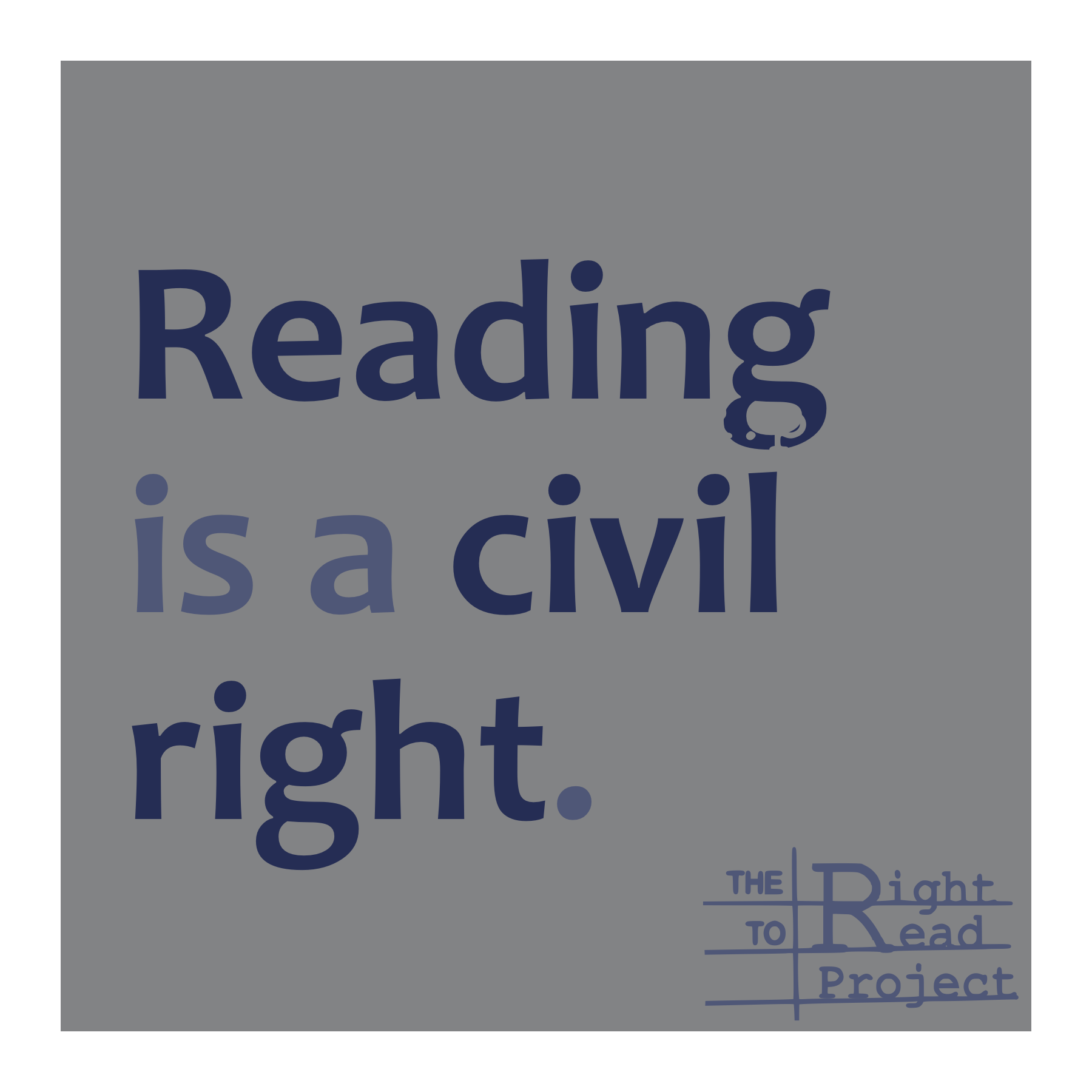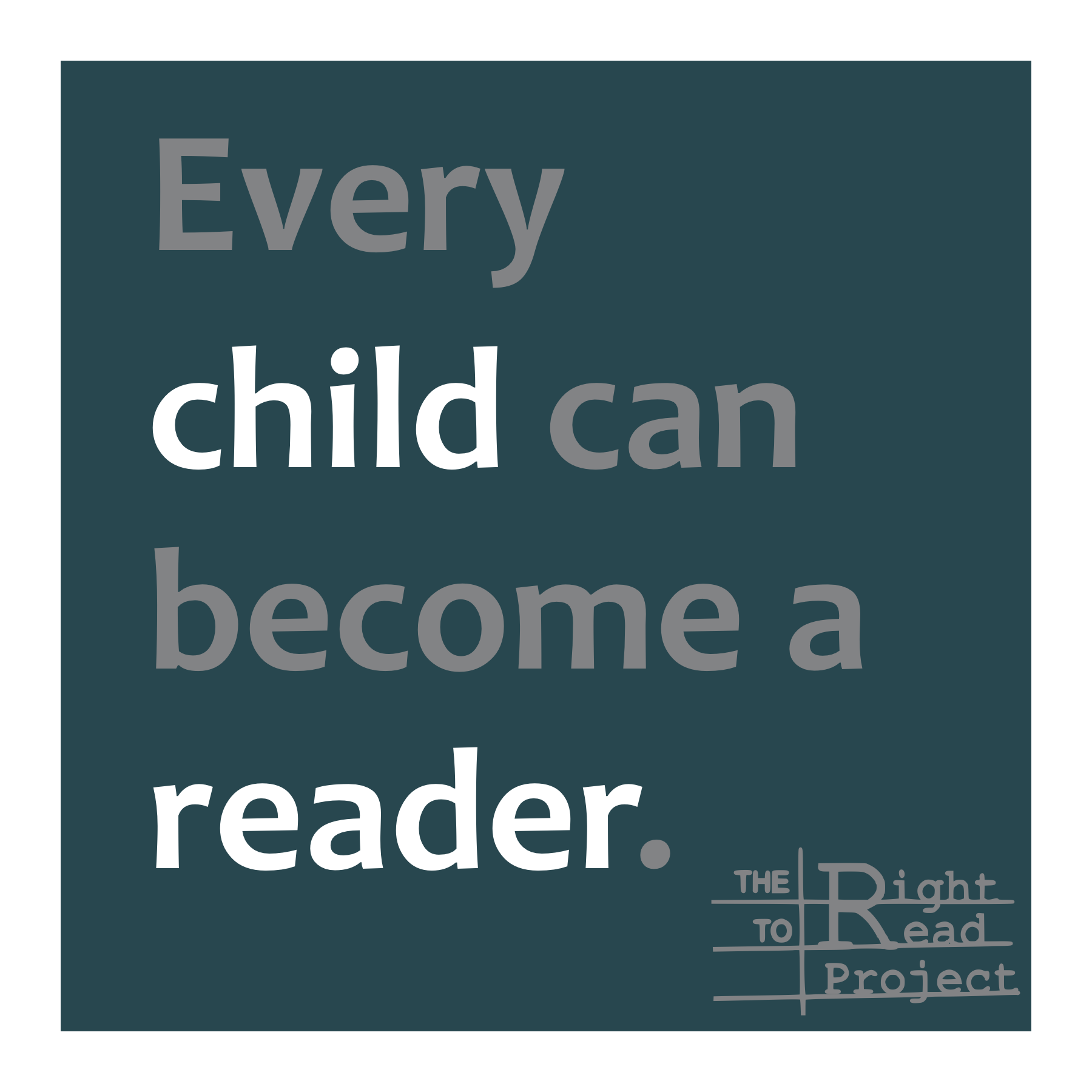Teachers are lauded for our martyrdom- “other professions make money, but teachers make a difference”- and frequently bashed , so rarely will we publicly voice our self-doubt. When we’re driving home after a hard day or lying awake at night, we may think about students who struggled. Despite (or perhaps because of) our tireless efforts, we wonder, years after they leave us, “Was there something more I could have done?”
We shut out the roar of national statistics to focus on our own students, but nearly all of us has had a child leave our care without being able to read well. This too-frequent phenomenon feels like a personal failure, not of the child, but of ourselves. We know lives depend on literacy, and so lives depend on us. We entered this profession believing all children can learn and, according to reading science, 95 percent of children can be taught to read at a level constrained only by their reasoning and listening comprehension abilities- but few of us have ever seen success like that in our classrooms (Moats, 1999).
So we wonder, “What could I do differently?” Asking for help is risky- we don’t want to fuel teacher-bashing- but we need support so that we, and our students, can reach our potentials.
Most of us left credentialing programs with only a hazy idea of how children learn to read. We learned so much about child development, behavior management, and lesson planning that the hole in our knowledge wasn’t immediately apparent. Some of us then took jobs where we weren’t expected to teach children to read- in the upper grades, classrooms where students were already reading, or schools with reading specialists- so we could side-step that hole.
But others began teaching small children or older kids who had previously had teachers like us… teachers who did not really know how to teach reading. We used district-provided curricula and materials that we gathered ourselves to promote a love of reading, create print-rich environments, read aloud, and we watched our students try. Some of them learned to read. But we committed to teach all our students, so rather than lower our expectations, we must ask for help.
In order for our profession to reach its potential, teachers need:
- Policymakers to ensure credentialing programs teach scientifically-aligned practices.
- Schools of education to develop and teach strategies that help students who have historically fallen through the cracks.
- Ongoing professional development so we can learn about advances in the field and apply them to our instruction. We also need a screening process to insure trainings we receive contain facts, not sales pitches.
- We need evidence-based curricula. Materials do not come with warning labels that say: “This program fails to provide the explicit, systematic reading instruction needed by >40% of students.” Instead, many come with anecdotes, untested assumptions, and rest on the philosophy that reading will come naturally. We deserve better.
In short, we need to be treated as professionals; to be well-trained, to have the best tools, and to be supported as we work to learn and teach.
Not all teachers will feel comfortable with the sentiments expressed in this letter. Your experiences or ideas may be different than ours, but let’s not allow fear of criticism or of shattering illusions keep us from uniting to request better for ourselves and our students.








